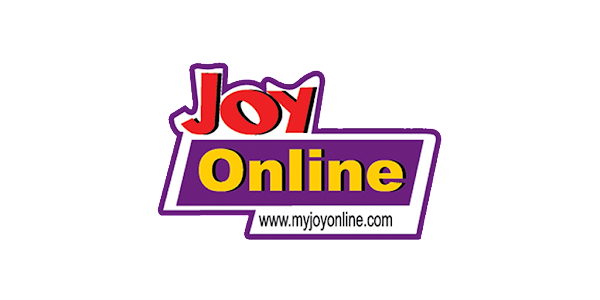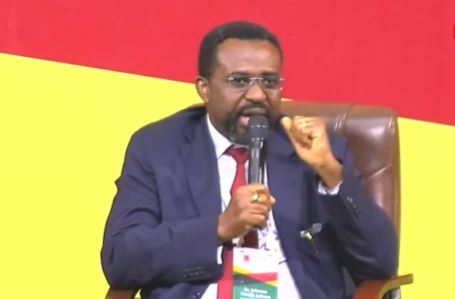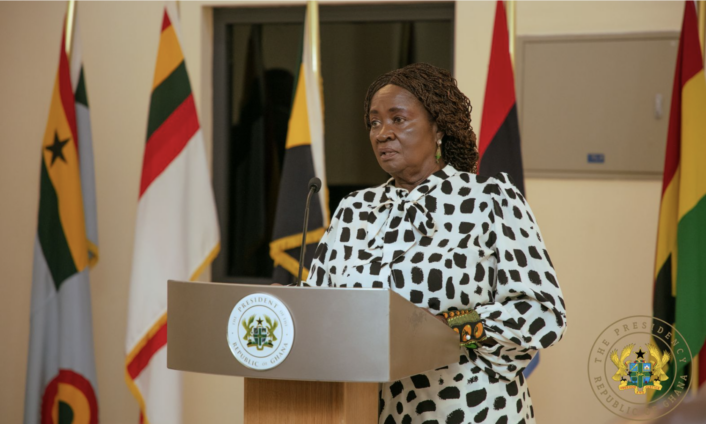ARTICLE AD
The government has announced plans to implement reforms aimed at harmonising business process standards, with an emphasis on digitising registration and tax systems to enhance efficiency.
Mrs. Elizabeth Ofosu-Adjare, Minister of Trade, Agribusiness, and Industry, said this at the launch of the World Bank’s Business Ready report in Accra on Wednesday.
The report showed Ghana scored 66.99 per cent in regulatory framework, 54.42 per cent in operational efficiency, and 47.67 per cent in public services delivery.
It outperformed many Sub-Saharan Africa peers in labour market regulations (68.6), utility services (68.5), and business insolvency framework (64.9).
However, it scored between nine and 42 per cent in Business Entry, Digital Infrastructure, Market Competition, Dispute Resolution, Tax Compliance, Trade Logistics, and Financial Services.
Mrs. Ofosu-Adjare assured local and foreign businesses of the government’s commitment to tackling bottlenecks in the business environment.
“Fortunately, the Ghana Standards Authority (GSA) sits right under the Ministry of Trade, Agribusiness and Industry, so if not for anything, we should be export-ready with our standardisation,” she said.
The minister noted that business ease would improve when registration times were reduced, disputes resolved amicably, and regulatory frameworks integrated.
“That is when people will be inclined to invest in your country. If you compare it with our peers, it is obvious that we need to up our game. We are looking for FDI and export, so we are already working on some of the issues,” she stated.
Mrs. Ofosu-Adjare promised that the government would review the report to identify areas that need improvement and collaborate with stakeholders, state institutions, and the private sector to make Ghana business-ready.
Ms. Valeria Perotti, Manager for Business Ready, World Bank, noted that wealth was not a prerequisite for being business-ready but rather a favourable environment.
She said operational efficiency lagged despite the availability of regulatory frameworks, public services, and infrastructure.
Perotti attributed this to limited implementation, especially in digitalisation and inter-agency coordination, and urged the government to address these gaps.
Mr. Robert Taliercio, World Bank Country Director for Ghana, Sierra Leone, and Liberia, said that the private sector accounted for 90 per cent of jobs, 70 per cent of national output, nearly 80 per cent of investment, and 70 per cent of government revenue.
“Clearly, building an environment where businesses can flourish is non-negotiable if we are to realise Ghana’s ambitious vision, including President Mahama’s commitment to reset Ghana’s economy and develop a 24-hour economy,” he said.
He called for bold reforms to empower businesses to thrive, compete, and create jobs.

DISCLAIMER: The Views, Comments, Opinions, Contributions and Statements made by Readers and Contributors on this platform do not necessarily represent the views or policy of Multimedia Group Limited.

 
 
 
 
 
 
 
 
 

 4 days ago
3
4 days ago
3 

